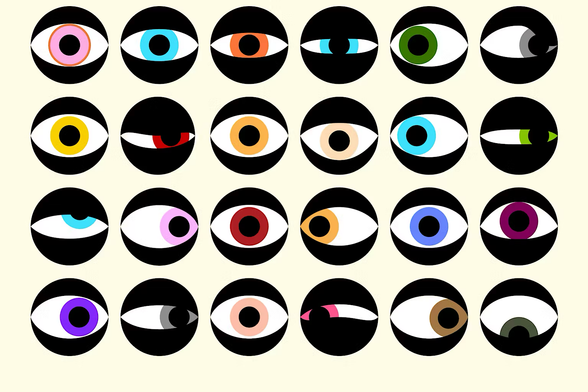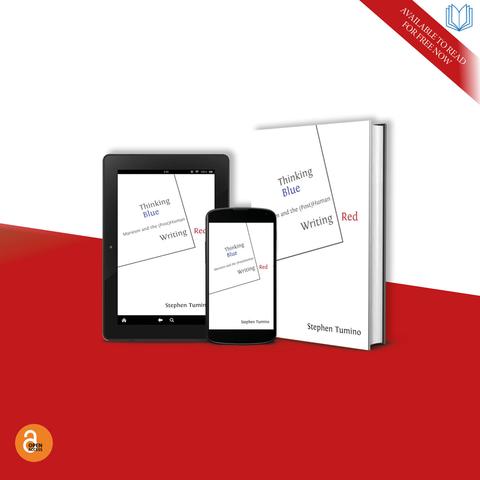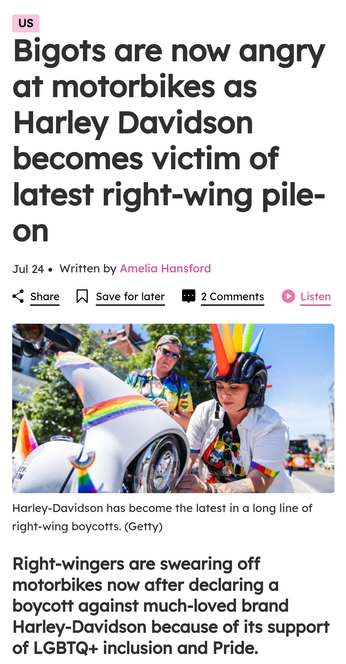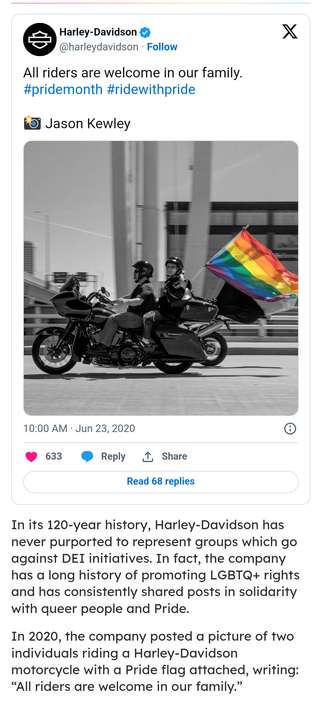#Acawrimo accountability post 1. On Nov. 1, I finished reading Helen Young and Kavita Mudan Finn's *Global #Medievalism: An Introduction* from the Cambridge Elements in the Global Middle Ages series.
At its core, this is a combination of the ideas of the #GlobalMedieval as theorized by folks like Geradine Heng with Ebony Elizabeth Thomas's *Theory of the #DarkFantastic,* Margo Hendrick's frameworks, and other #CriticalRace approaches to popular #literature and #film. #Counterstorytelling and #restorying are used throughout the analysis.
Young and Finn take a case studies approach to first showcase problems (#GoT and *Song of Ice and Fire*) and then to highlight texts that are doing good things: Shannen's *Priory of the Orange Tree,* Chakraborty's *Daevabad Trilogy,* Deonn's *Legendborn* & *Bloodmarked* duology, etc.
As a reader, I waffled between hope for a future of more #diverse #storyworlds and disillusionment at the ways the authors who are doing some things well are also falling short. The problems of the present will always chase us into our discursive spaces, unfortunately.
Coming back to hope, though, one throughline among the positive examples in this analysis is the decentering of the singular hero (a la Campbell) in favor of collaborative mutuality to solve problems, especially #WorldRisk level problems (cf. Ulrich Beck. Our) lived reality needs more of those models.
This decentering connects to the #DisneyPixar trend I highlighted in my monograph of friends/romantic partners in recent films have separate but mutually interdependent quests, i.e. neither can be successful without also working for the other's success also, and nobody is the princess in the tower or merely the object of someone else's quest.
https://www.cambridge.org/core/elements/abs/global-medievalism/E555F6DCC12217351536A00E22E862E5



